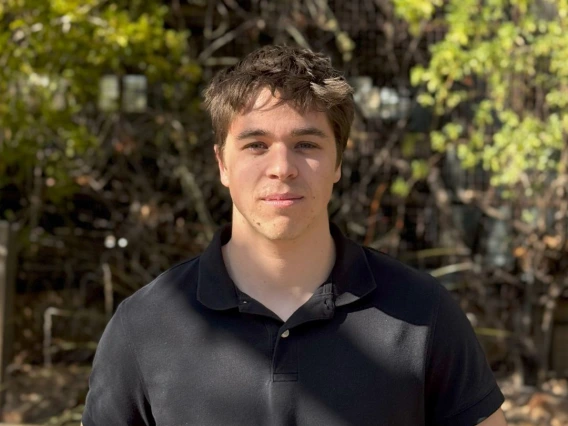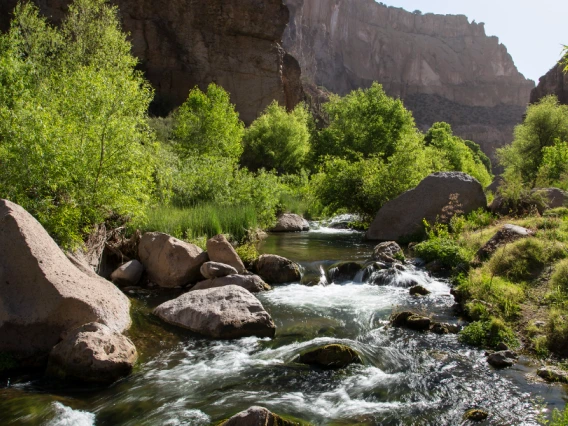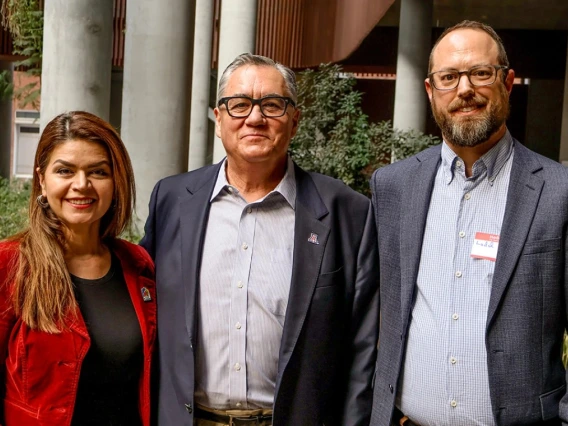CAPLA in the News: Extreme heat and the affordable housing crisis
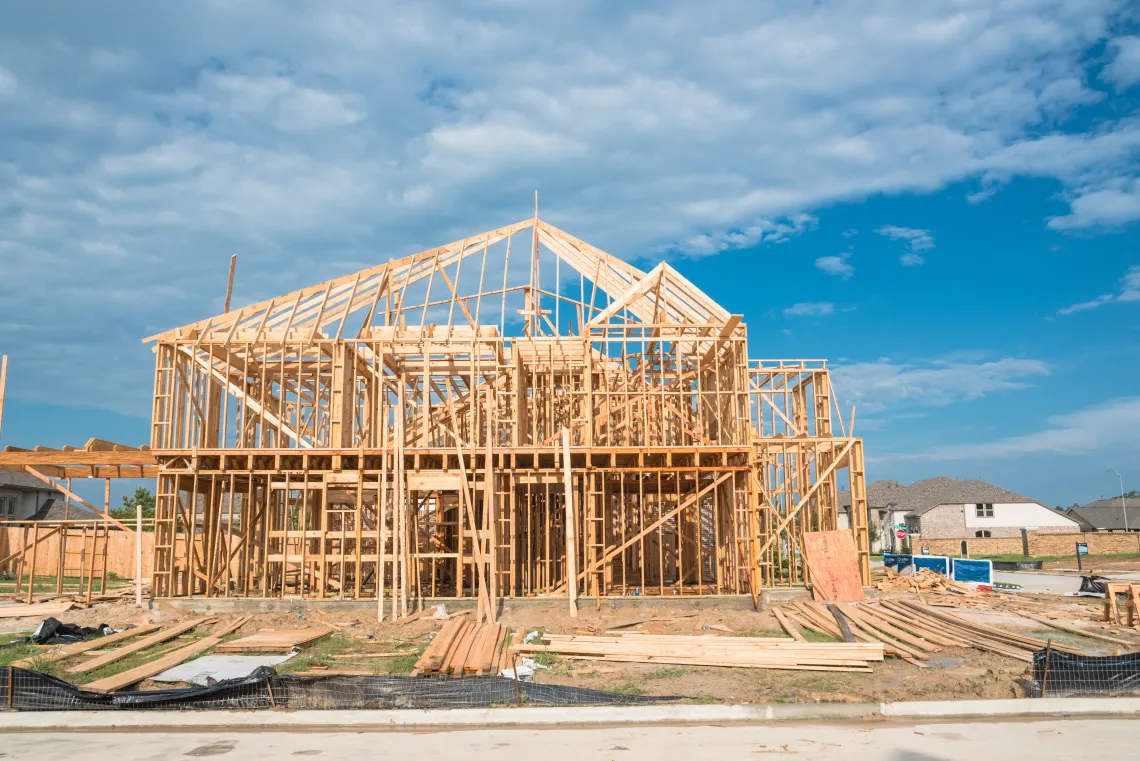
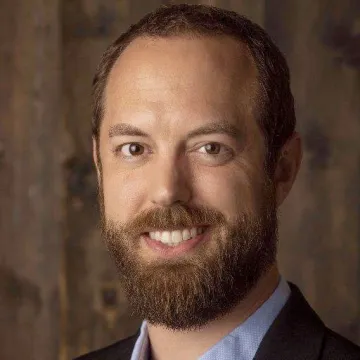
Ladd Keith, Assistant Professor of Planning and Sustainable Built Environments
Ladd Keith, assistant professor of planning and sustainable built environments and faculty research associate for the Udall Center for Studies in Public Policy, was quoted in an Arizona Public Media story on April 29, 2024: "Hot weather brings annual housing concerns to Arizona."
Keith notes how record-breaking high temperatures becomes a concern when combined with the affordable housing crises. He said its challenging for some people to find an affordable place to live and that it needs to be addressed with an emphasis on surviving extreme heat conditions.
“A lot of the focus is currently on mitigating heat from the urban heat island effect, things like cool pavement pilot projects, urban forestry campaigns, and cooling centers," he explained. "These positions themselves will not be able to solve the affordable housing crisis and all the housing challenges, but it’s really tied closely to our heat challenges that we’re facing, particularly when we look at low income folks that have less weatherized homes, and when you look at the unhoused population which is increasing nationally.”
Read the article for further insight from Keith, who also notes how urban heat solutions can come about through risk management and urban greening, and that cities need to experiment to find the best solutions for their needs.
Keith, who joined CAPLA in 2009, is an interdisciplinary researcher working at the intersection of urban planning and climate science and explores how climate action planning can make more sustainable and resilient cities. He is currently the principal investigator of a NOAA-funded research project evaluating the use of urban heat maps in urban planning and is co-investigator on a project developing community climate profiles tailored to local needs. An urban planner by training, he has over a decade of experience planning for climate change with diverse stakeholders in cities across the U.S. His research explores heat planning, policy, and governance to help communities increase their heat resilience. He is currently the UA lead of the Southwest Urban Corridor Integrated Field Laboratory (SW-IFL) funded by the U.S. Department of Energy, the heat research lead of the Climate Assessment for the Southwest (CLIMAS) funded by the U.S. National Oceanic and Atmospheric Administration, co-investigator of the Building Resilience Against Climate Effects (BRACE) funded by the U.S. Centers for Disease Control and Prevention, and co-investigator of the Southwest Center on Resilience for Climate Change and Health (SCORCH) funded by the U.S. National Institutes of Health. He also founded and led the Sustainable Built Environments undergraduate degree program offered in person, fully online, and globally in Peru and Ecuador. He has a Ph.D. in Arid Lands Resource Sciences and an M.S. in Planning from the University of Arizona.

